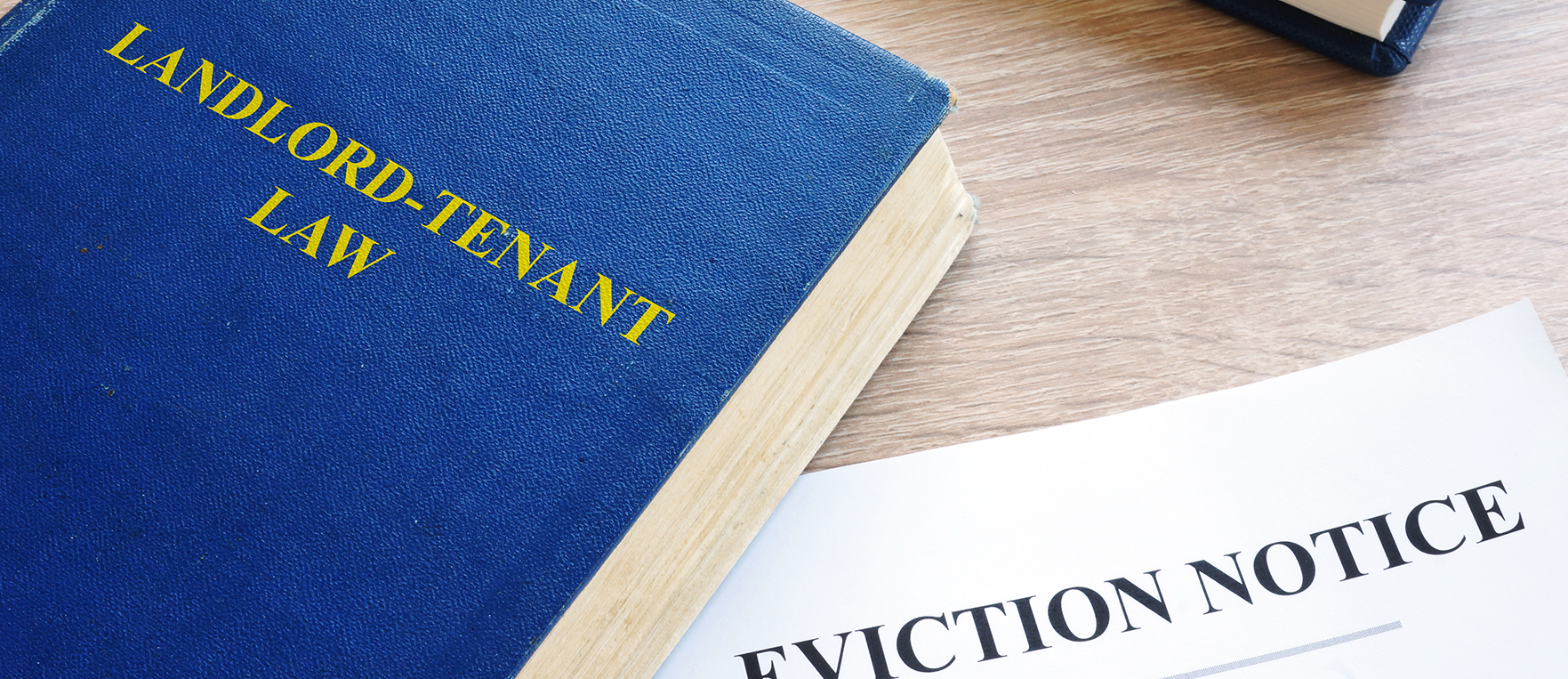 In April of this year, Cook County Commissioners approved amendments to the County’s housing ordinance to include restrictions against refusing to show or rent an apartment to a prospective tenant solely because of certain criminal histories. It is anticipated that this law will take effect on January 1, 2020.
In April of this year, Cook County Commissioners approved amendments to the County’s housing ordinance to include restrictions against refusing to show or rent an apartment to a prospective tenant solely because of certain criminal histories. It is anticipated that this law will take effect on January 1, 2020.
The amendment is commonly referred to as the Just Housing Ordinance (“JHO”). Regulations underlying the amendment are still being evaluated by the Commissioners as they have continued to hear testimony from industry constituents, and the final effect and form won’t be fully known until those regulations are formalized by the County. But the impacts to residential landlords here will, without doubt, be significant.
As with most of our laws, there was certainly good intent behind the push to enact the JHO. The impetus behind the passage of this law was to minimize the disproportionately negative effect of prior criminal records on minorities and people of less resources. There is no question that people of means stand a much better chance of either avoiding a criminal record (i.e., fighting charges in court) or of getting convictions expunged later in life so their records appear clean. And so those of lesser means with criminal records find it extremely difficult to find decent housing for rent, even when those records stem from relatively minor incidents that may have occurred many years, even decades prior, with no sign of repeat offenses.
But, as is often the case, the JHO was rushed through to approval without enough thought and has thus resulted in a jagged set of rules that unfairly impose community morals on landlords in a manner that grossly threatens the ability of “mom-and-pop” landlords to adapt and survive. Conversation around the JHO often elicits the generalization that it (the JHO) precludes a landlord from looking into the criminal background of a rental applicant before processing the application and determining whether the applicant would otherwise be accepted. But, more accurately, the JHO prohibits “Preemptive Inquiries”, stating that “no person shall inquire about, consider, or require disclosure of covered criminal history when considering an application for admission to, or continuing occupancy of, residential real property until the individual has been determined qualified for admission to, or continuing occupancy of, residential real property.” But the JHO includes an exception for certain types of criminal records (such as “a current child sex offender” in conjunction with corollary residency restrictions).
That broad, circular language is almost impossible to fairly comply with while still allowing landlords to conduct fair due diligence to protect their property and other tenants. How is a landlord supposed to know if the exceptions apply if they aren’t allowed to make reasonable inquiry first? The JHO is a massive minefield for landlords and will do nothing to alleviate the underlying discrimination which is the real problem in the industry, and in our society in general.
As one simple example, does a landlord run afoul of the JHO if they order their standard background report on an application, which report happens to include criminal history (which most third-party services include as part of their background report services)? How does the landlord prove that such information, provided as a standard part of bundled services provided by their tenant check service nationwide, was not considered in denying an applicant? A landlord that runs a small investment property on the side almost certainly does not have the resources (money or time) to fight an unfounded lawsuit to prove that other factors were the sole basis for rejecting the applicant. So, what are they to do? Order a specialized report that eliminates the criminal background portion, only to have to then order another report that later includes it? That is an unfair and ineffective solution, but one that many landlords are having to contemplate. If forced to go that route, that will inevitably result in increased application costs charged to applicants, something that the JHO backers certainly did not contemplate or want.
The JHO also opens a real can of worms for landlords on the risk management side. Among the many serious questions facing landlords: how to protect against liability to other tenants (i.e., a tenant with a criminal history harms another tenant in the property, and the harmed tenant sues the landlord for ignoring the warning signs); how to ensure insurance coverage (i.e., insurer declines coverage in preceding example based on gross negligence of landlord in failing to take proper steps to screen applicants); how to afford increasing insurance premiums (insurers will definitely increase their premiums charged in Cook County). The JHO will do very little to protect the vast majority of landlords from these challenges.
While the underlying target of the JHO is important and should not be abandoned simply because the task is difficult to accomplish, more careful thought needs to go into creating laws that will effectively accomplish the goal of regulating against discriminatory conduct on the part of landlords, particularly massive corporate landlords who are significantly less affected by the passage of flawed attempts like the JHO.
Since 1992, Erwin Law has been an advocate for multi-family and mixed-use landlords, fighting to protect their legitimate interests. Our team of lawyers is ready to guide you through compliance with the JHO, and in the defense of claims arising from the JHO. For a trusted partner with decades of experience in representing landlords, call us at (773) 525-0153, or visit www.erwinlawfirm.com